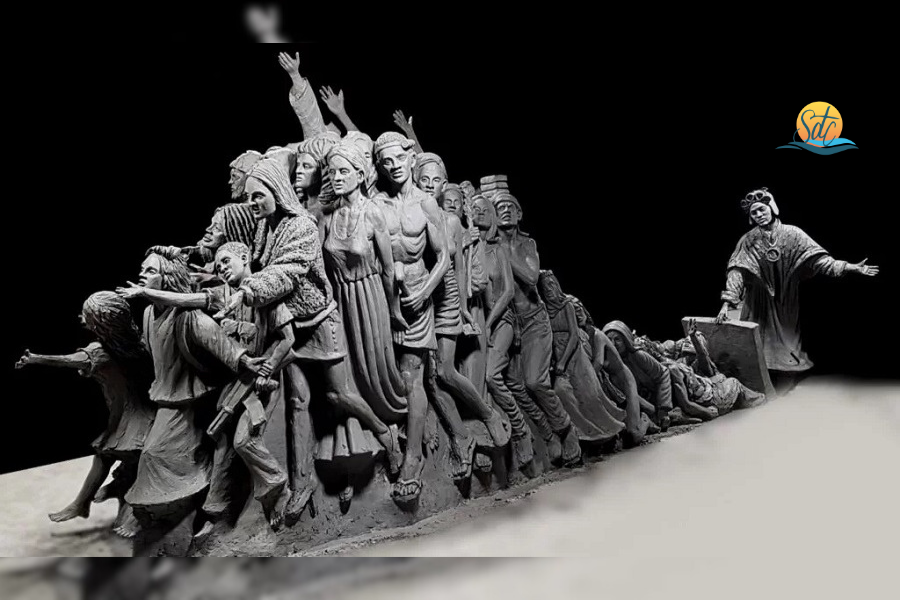‘Worldwide 3.3 billion people live in countries forced to pay more money for interest on debt than for education and health. The South of the world has paid the heaviest bill for the crises’. This is the denunciation of UNCTAD, the United Nations Conference on Trade and Development, relayed by Asianews.
Twenty-five years after the 2000 campaign, Pope Francis marks the Jubilee relauncing an appeal in the footsteps of from John Paul II to forgive loans to those who cannot repay them.
Why does Francis now feel the need to relaunch this theme? Because – especially in recent years, as a result of the global crisis triggered by the pandemic and aggravated by the repercussions of the conflict in Ukraine – in so many countries in Africa, Latin America and Asia the issue of public debt has re-exploded in a very harsh way.
‘We are faced with a crisis that generates misery and anguish, depriving millions of people of the possibility of a dignified future,’ says Pope Francis, giving them a voice. ’No government can morally demand that its people suffer deprivation that is incompatible with human dignity.
The debt crisis is a hidden crisis,’ explains Giovanni Valensisi, an Italian economist at UNCTAD who is one of the editors of the report. ’In the overall picture, the figures involving developing countries would seem small. But if you look at what they cause in their societies, the impact is enormous’. More than 3.3 billion people in Africa, Latin America and Asia, for example, now live in countries that are forced to spend more money to repay the interest on debts they have incurred than to finance health or education. In half of the developing countries, more than 6.3 per cent of all revenue generated by exports goes to repay creditors. This is an unfair ‘tax’ on poor countries.
Behind Pope Francis’ call to bring the issue of debt back into the spotlight on the occasion of this Jubilee, there is the awareness, however, that today forgiving large portions of it is a more complex operation than 25 years ago.
This is why the Pontiff also urged to take an extra step: to imagine ‘a new international financial architecture that is bold and creative’. In order to ensure that the burden of tomorrow’s crises does not once again end up on the shoulders of the poor.
There are some ideas on the table: ‘A first step,’ Valensisi explains, ‘would be to address the issue of representativeness: to really involve developing countries in a meaningful way at the tables where decisions are taken. But we are also thinking about mechanisms to tackle the problem of excessive debt costs: one hypothesis is to strengthen the multilateral and regional development banks, both in terms of capitalisation and consequent lending capacity, and by having them amortise part of the risks, issuing a share of the loans in local currencies. Above all, however, there is a need to increase financial sensitivity in granting loans that give priority to projects in poor countries that create long-term development’.
These are just examples of a possible path. So that – as in the biblical idea of the Jubilee – we can all really start over again together.
by Giorgio Bernardelli, Asianews






